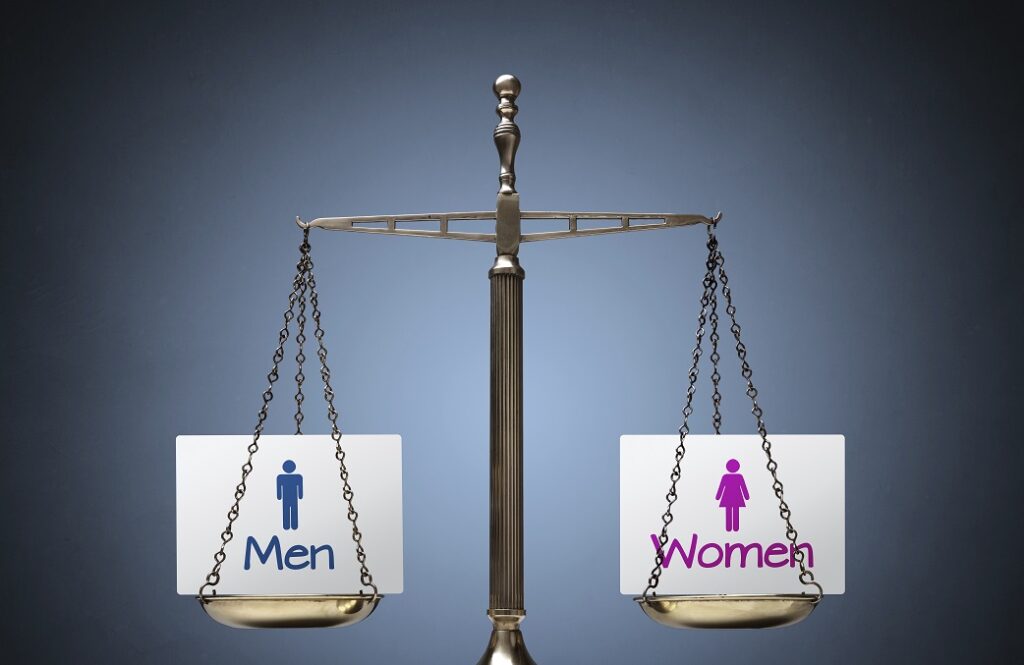A significant ruling has recently been published in the case of Asda workers claiming equal pay rights.
The Supreme Court ruling
The Supreme Court have deemed that the (predominantly female) retail workers can compare themselves to their (predominantly male) counterparts working in the distribution centres, even though these are separate establishments and the terms issued in each have evolved separately over time.
Asda had argued that the distribution centre based employees are not employed on ‘common terms’ and are employed at a different establishment and so were not legitimate comparators.
However, it was unanimously agreed in the judgement that all that is required for the terms to be considered in ‘common’, is for the terms and conditions of the claimant and the comparator (the ‘female’ and ‘male counterparts’) in relevant classes, to be broadly the same – not a line by line comparison.
Additionally, although it was accepted that the retail and distribution centre employees did work at different establishments (one being the retail profit-making stores and the other being a distribution service entity), they were both employed at an establishment in Great Britain which included each other’s. Plus, it is also possible to consider what terms the comparators would be employed on if they were hypothetically employed at the same establishment.
What this means in practice
It has been stressed that the judgement does not automatically mean the claimants are entitled to equal pay. There are three stages that need to be addressed for this:
- Are the jobs comparable
- If so, are they of equal value
- If they are of equal value, is there a material reason why they should not be paid equally.
So this ruling is a major landmark – BUT it is still only part of a significant (and likely lengthy) process.
The law and the wider context of equality
The case was predominantly concerned with the Equal Pay Act 1970, which was brought into force in Great Britain to adopt the European-wide principle of equal pay for men and women contained in the Treaty of Rome.
Equal pay now falls within the remit of the Equality Act 2010, although it does not fundamentally change how the matter of equal pay should be handled in law. The Equality Act does strengthen the Equal Pay Act by allowing claimants to use a hypothetical comparator, rather than having to have an actual comparator of the opposite sex within the same establishment. In this case, the Supreme Court noted that the implementation of the Equality Act indicates Parliament had no intention to ‘take its foot of the pedal’ in the wider context of equality and therefore there was no need to be cautious about positive equality duties.
The ‘North hypothetical’
As was explained in the hearing: the issue in relation to the employees in the relevant classes is whether the terms of the relevant comparator are or would be the same if the comparator were to do their work in the relevant establishment – and whether the terms would be the same if she did her work in the comparators employment.
It is this which has become known as the ‘north hypothetical’. i.e. What would happen if the comparators did their work, not in their own establishment, but in the claimants establishment?
It is referred to as the North hypothetical as the principle is derived from the case of Dumfries and Galloway Council v North case in which this principle became established.
HR webinar
For practical advice on ‘Staying Away From Employment Tribunals’, you can watch our pre-recorded webinar, on demand. To find out more about HR support or any of our outsourced services, please call HR Solutions on 0844 324 5840 or contact us online.

